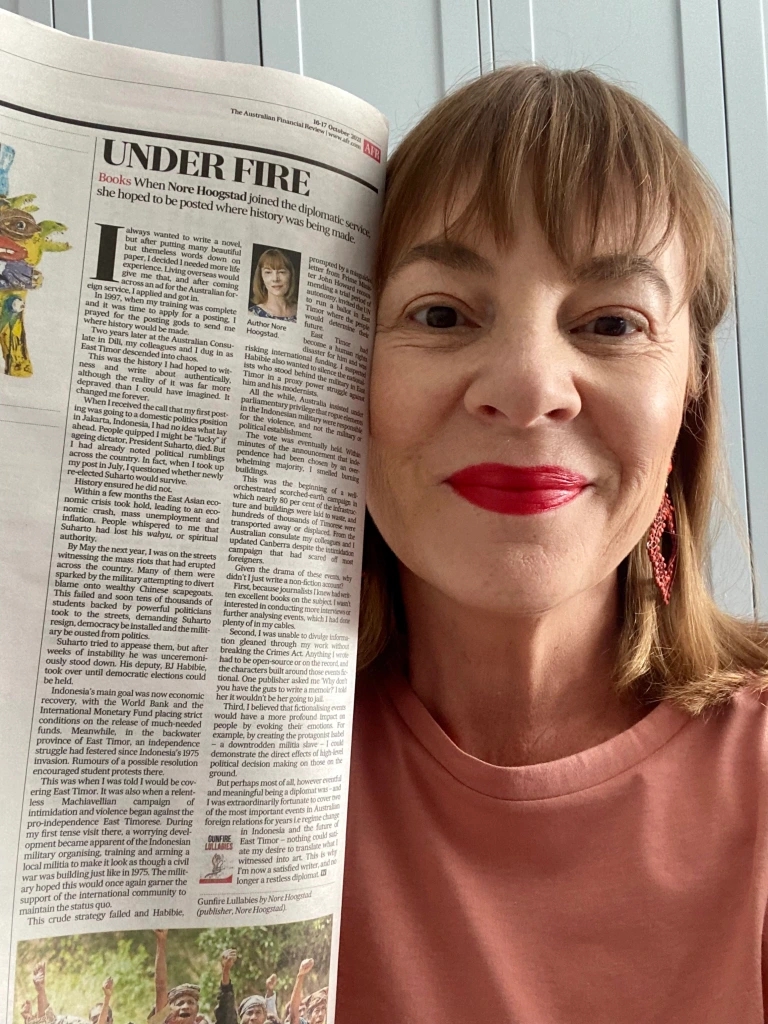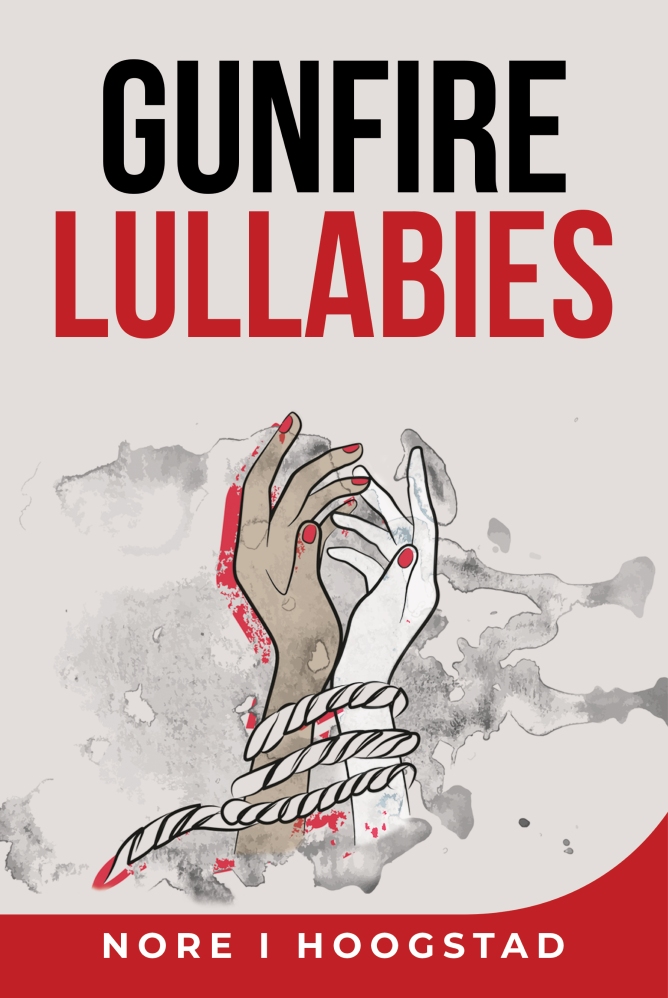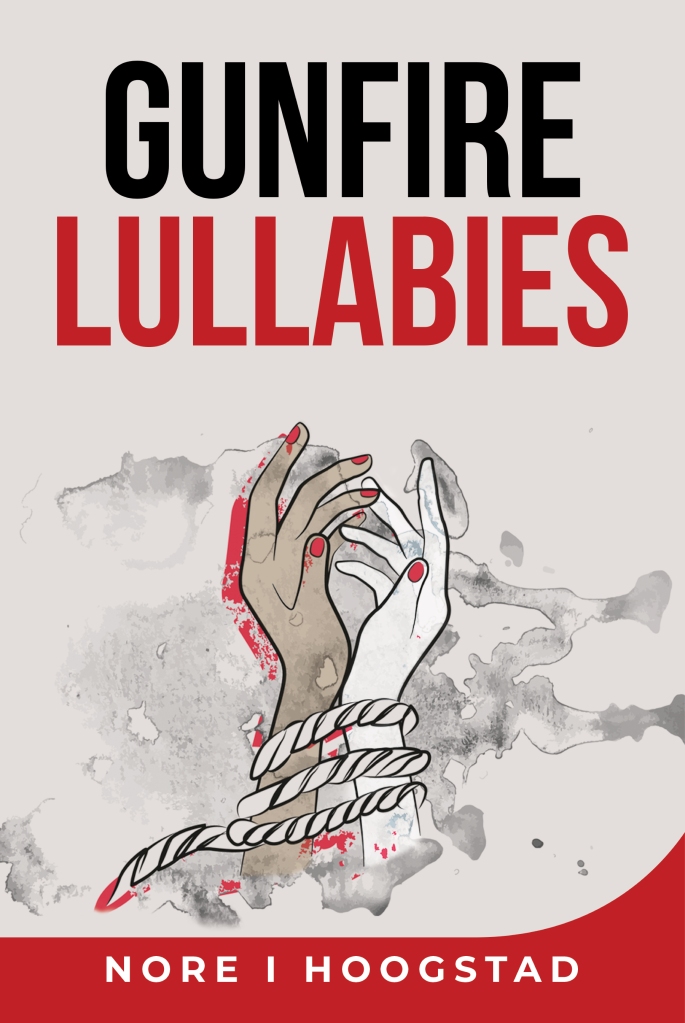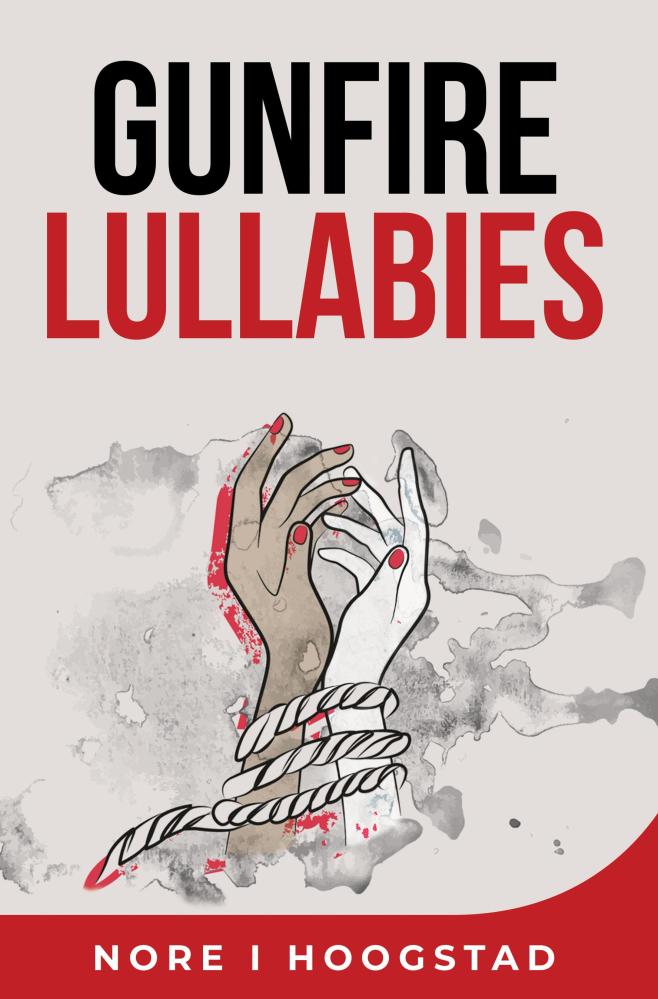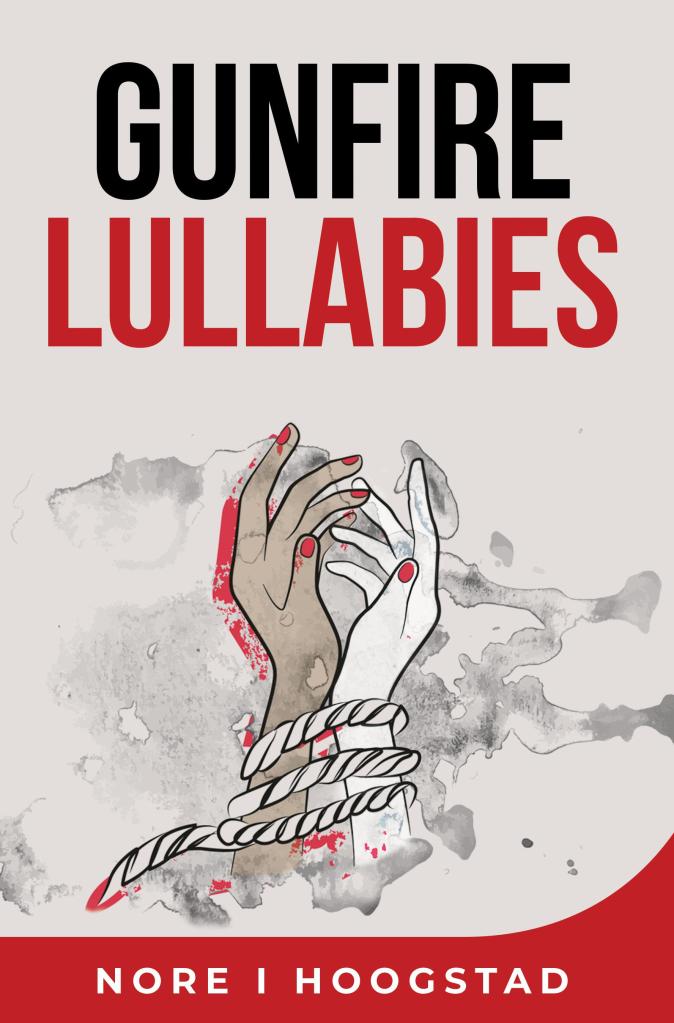
This is part of a blog series in which I give a personal account of writing and publishing my debut novel, Gunfire Lullabies, being released in August 2019 on the twentieth anniversary of Timor Leste’s 1999 autonomy ballot
The beginning
I knew I wanted to write a novel from when I was young. As a kid, I wrote prize-winning children’s books. Then nothing much for years apart from poetry and short stories, largely because finding a topic sufficiently compelling to carry me through the difficult process of writing an entire novel eluded me, or so I believed. I got a degree and landed a job that involved formal writing and living overseas in the hope of gaining more life experience and a suitable topic.
Be careful what you wish for
It certainly did give me life experience. I became a diplomat and was posted to Jakarta during a momentous period in Indonesian history. I experienced first hand on the streets and in the political backrooms, two revolutions; first, the downfall of dictator president Soeharto and, second, the liberation of East Timor. In my job as a political officer I covered both issues, which were of enormous importance to my Australia, Indonesia being my government’s closest neighbour and East Timor being less than two hours away by plane.
Either event would have made a great story. But East Timor’s struggle was long-term, full of heroic and appalling characters (often a mix of both), pride and dogma, violence and drama, Machiavellian political conflict, dogged determination, good and evil. It was a true David and Goliath story.
From history to story
I had my topic, and having witnessed the bloody struggle myself and understanding both sides’ points of views – and in a way having played my own part through my government reporting – I knew it was one I could write about confidently with depth and subtlety.
Yet this story could not be mine. It had to be much greater. It had to be driven by a theme. It had to present a terrible dilemma to be solved. It had to be dramatic. In other words, it had to be a fictional account of actual events, much of which had been already written in the history books and numerous PhDs.
Is it based on my experiences?
When I tell people about my book, I’m frequently asked whether it’s based on my own experiences. Yes and no. I would say my personal experiences in Jakarta and East Timor were inspirational. I was there, a witness. It was my work focus and I met the people involved.
On the other hand, East Timor was been written about extensively, and I’ve read a lot of these analyses in the press and in books. When I needed to create a dramatic event or a character, there was plenty of material to turn to.
Are the characters real?
In short, no. As any writer will tell you, characters are fictional, created to serve whatever the story requires to move it forward, create tension and heighten drama. Characters are metaphors or archetypes of what is going on, or of an organisation, or a prevalent mood.
In other words, characters are what ever the story demands; a medley of every person a writer has ever met mixed with their personal observations and understanding of human beings. While they come from within – a strange mix of parts of the author and their imagination – they also come from someone they might have overheard talking in a café or their great aunt or another historical figure. Somehow, they come together on the page.
Authenticity
It would also be true to say that having been a diplomat on the ground at that particular time, my novel has a sense of authenticity. There’s a writing maxim that says, write what you know, for just this reason.
Yet this downplays imagination and what a writer gleans from other sources. Many writers write about completely different times in history or about events they never witnessed or create a fictionalised version of long-dead historical figures. Every writer who has ever tried to written around historical events knows you cannot translate things literally. It is characters who drive story, not places and events.
Why this topic?
Much has been postulated about what really went on in East Timor. It was a vexatious and complex issue that called into question Australia’s definition of national interests, its morals and integrity. I found ample open source material representing a plenitude of views and interpretations, which was great fodder. Even the Australian foreign minister of the day felt compelled to write an account, and today other Australian institutions are drilling down into the matter with greater scrutiny for a revised official record.
It’s been nearly twenty years since the historical vote took place in East Timor that led to the birth of a new country. What Gunfire Lullabies does is cobble together a fictionalised picture of what went on from the point of view of history’s often forgotten players: women, one being a part of the political elite facing moral choices in her presentation of events to her government, the other being a young local woman suffering the consequences of the lofty decisions and political games being played far away.

